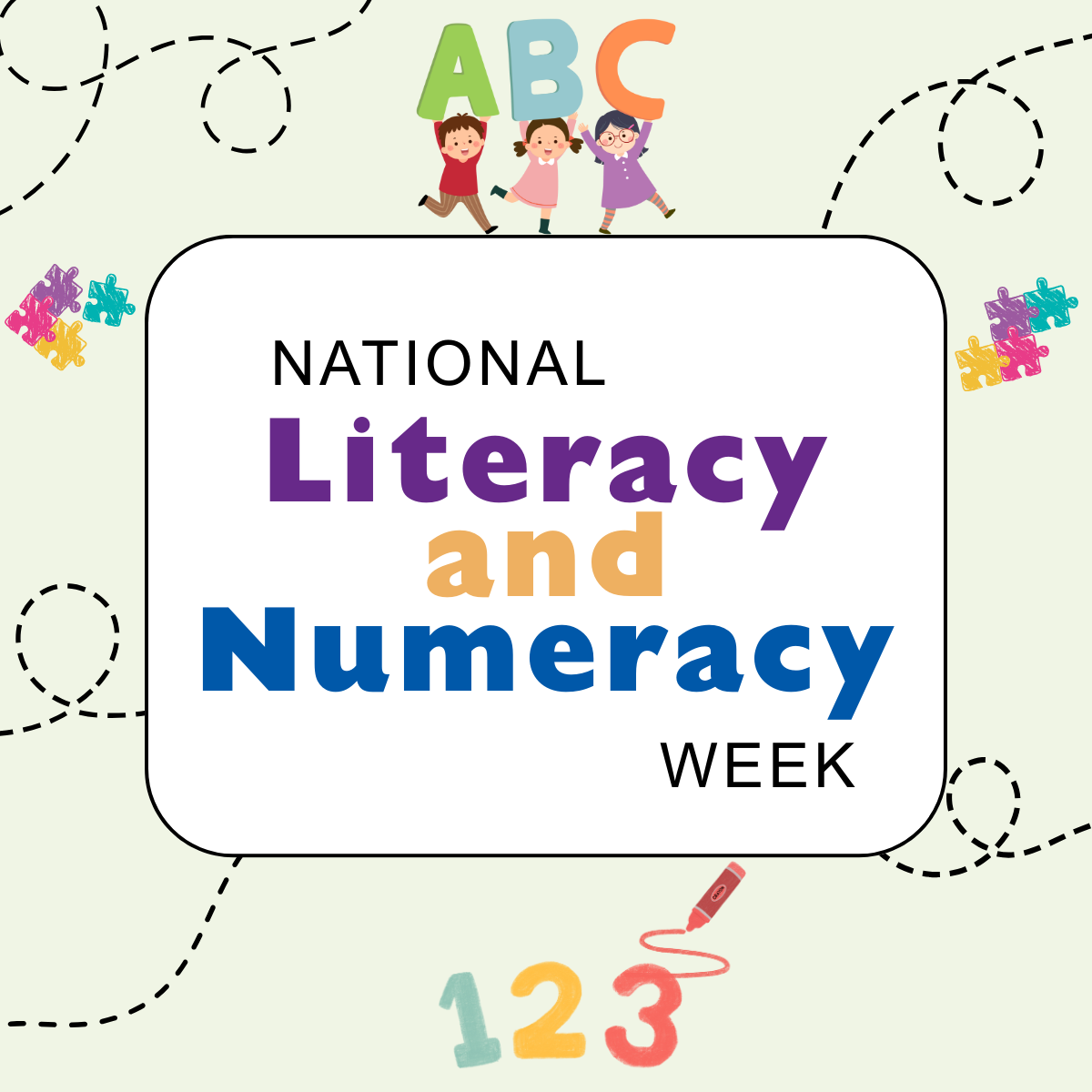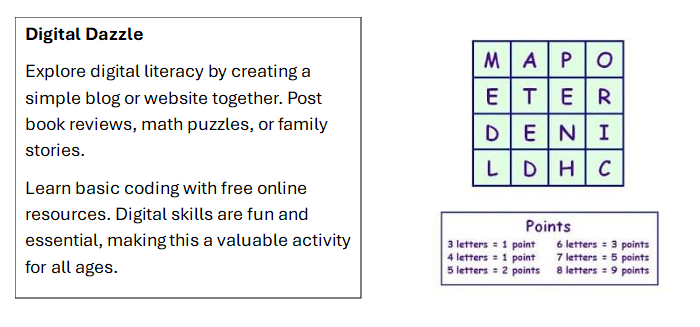
Celebrating Literacy and Numeracy Week
Literacy and Numeracy Week is a special time to celebrate the skills that shape our everyday lives. Reading, writing, and maths are more than just school subjects—they are tools that help us understand the world, solve problems, and communicate with confidence. First launched by the Australian Government to highlight the importance of these abilities, the week has since expanded to include digital literacy, recognising the vital role of technology in today’s world.
Literacy goes far beyond reading books. It includes writing, spelling, understanding signs and symbols, and navigating digital texts. These skills open doors to learning, creativity, and connection. Numeracy, meanwhile, is essential for managing everyday tasks such as budgeting, shopping, and cooking, as well as solving problems. Together, these skills build a strong foundation for academic success and informed decision-making in life.
Literacy and Numeracy Week at TKS
Students and teachers engaged in a variety of fun and challenging activities designed to show that maths is everywhere in our lives. Numeracy comprehension underpins so much of what we do every day, from measuring ingredients when cooking to planning budgets or solving real-world problems.
One highlight was the inaugural TKS Number Quest. Each day, students were presented with a new mathematical challenge, encouraging them to think creatively, problem-solve, and collaborate. The enthusiasm and energy around the Number Quest made it clear that learning maths can be just as exciting as reading a great story.
The week also emphasised creative and engaging learning methods, including digital literacy, which reflects our changing times and prepares students for a tech-driven world. By combining traditional learning with innovation, our Junior School students are discovering new ways to approach challenges and build confidence.
Year 3 students took part in extra literacy tasks known as DIMS – Does It Make Sense? These activities involved reading passages of text, deciding whether they made sense, and if not, identifying the words that caused confusion and replacing them with more appropriate choices. This helped students strengthen their comprehension and vocabulary while building confidence as readers and problem-solvers.
They also challenged themselves with TTC – Times Table Challenges, a progressive program where students aim to answer 50 questions correctly in three minutes before moving up a level. These activities encouraged speed, accuracy, and persistence, showing students that numeracy is not only practical but also rewarding when tackled step by step.

Looking Ahead
The week was a vibrant and inclusive event, celebrating creativity and fostering a love for learning while highlighting the practical application of these crucial skills. At The Knox School, this week was a wonderful reminder of how our Junior School community comes together to celebrate learning in action and sets up our little learners for future success.
Here are some fun facts about why reading is cool:
- Children who are read to every day from birth have a much bigger vocabulary by the time they start school. A Macquarie University study found they’re better at recognising letters and building complex sentences as early as age 3.
- Reading out loud isn’t just for little kids—it actually boosts fluency and comprehension at every age, even in Year 6 (and beyond!).
- Reading for just 6 minutes a day will reduce stress by 70%!
- Studies show that kids learn 8000-1200 words from reading every year!
- Reading pays off – Children who read up to a million words a year are in the top 2% of reading achievement
